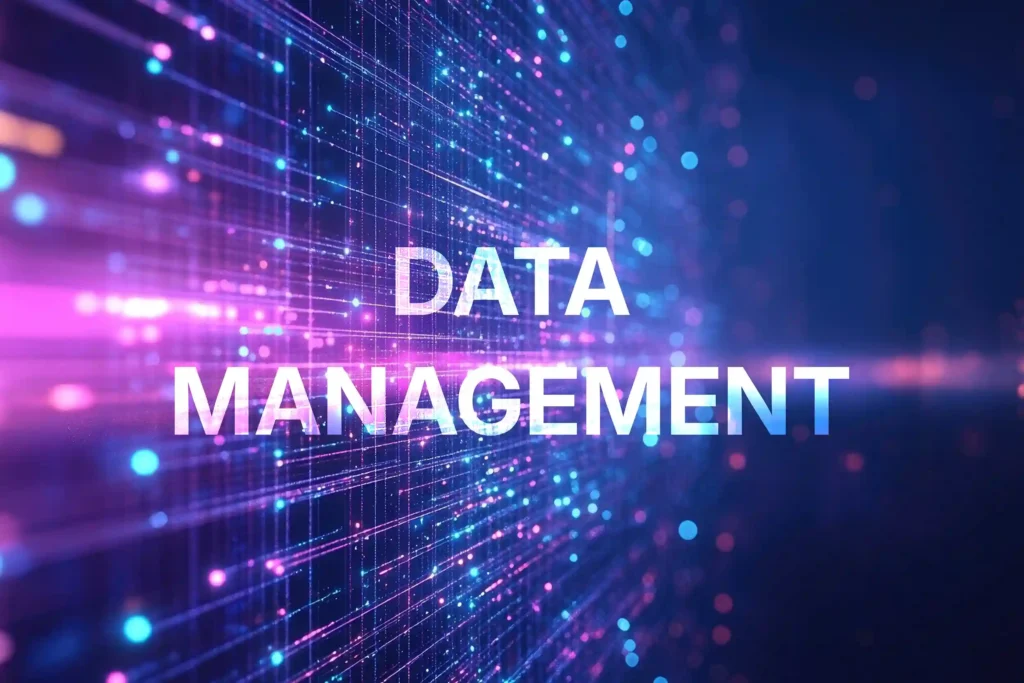Should We Trust Tech Companies with Our Personal Data?

Introduction
Every day, billions of people unknowingly hand over pieces of their lives to technology companies. From signing up on social media platforms, shopping online, or even tracking daily steps with fitness apps, personal data is constantly being collected, stored, and analyzed. On one hand, this data fuels convenience — personalized recommendations, instant connections, and smarter digital services that make life easier. On the other hand, it raises a critical concern: at what cost does this convenience come?
This paradox of privacy versus comfort has become one of the most pressing debates of our digital age. While tech giants promise security and improved user experience, scandals and breaches have shown how fragile this trust can be. Which brings us to the central question: can we truly trust tech companies with our personal data, or are we giving away more than we realize?
The Case for Trust
For many users, the convenience offered by tech companies makes data sharing seem worthwhile.Artificial intelligence and machine learningalgorithms thrive on user data, enabling personalized recommendations on platforms like Netflix, Spotify, and YouTube. Virtual assistants such as Siri, Alexa, and Google Assistant also depend on access to personal information to provide reminders, directions, and real-time solutions, turning raw data into everyday convenience. Beyond personalization, major technology firms invest heavily in security infrastructure to protect user data. Tools like end-to-end encryption, multi-factor authentication, and advanced firewallsare now standard in safeguarding sensitive information. Tech giants are increasingly aware that trust is their most valuable asset, and one breach could damage reputations irreparably.

Additionally, many companies now operate under strict regulatory frameworks designed to protect consumers. For instance, the General Data Protection Regulation (GDPR) in Europe and Nigeria’s Nigeria Data Protection Regulation (NDPR) set clear standards on data collection, processing, and consent. These frameworks push companies toward greater transparency and accountability, ensuring that users are not left entirely at the mercy of corporate goodwill.
Taken together, these efforts present a strong case that data, when handled responsibly, can improve lives without compromising privacy.
The Case Against Trust
Despite the promises of convenience and security, history shows why skepticism toward tech companies is justified. High-profile data breaches have exposed millions of users to fraud and identity theft from the Facebook–Cambridge Analytica scandal, where personal data was misused for political manipulation, to theEquifax breach, which compromised the financial records of nearly 150 million people. These cases highlight how even the biggest players are not immune to catastrophic lapses.
Beyond breaches, there is the issue of exploitation for profit. User data has become the “new oil” of the digital age, fueling billion-dollar advertising industries. Companies track browsing habits, online purchases, and even private conversations to deliver targeted ads. In some cases, this data is sold to third parties, raising ethical concerns about whether users truly control their own information. Perhaps most troubling are surveillance concerns. With tech companies collecting massive amounts of data, governments might often pressure them to provide access in the name of “national security.” This creates a gray area where individual privacy rights are eroded, and ordinary people risk being monitored without their consent or knowledge.
In short, the same systems designed to empower users can also exploit, manipulate, and expose them,leaving the question of trust wide open.
The Human Cost of Data Misuse
The misuse of personal data doesn’t just exist in the abstract, it has very real consequences for individuals and society. One of the most alarming aspects is psychological manipulation. From political campaigns that micro-target voters with divisive content to brands subtly shaping consumer behavior, data is increasingly weaponized to influence decisions people believe they are making freely. In reality, algorithms often exploit vulnerabilities, steering individuals toward choices that serve corporate or political interests rather than their own.
Another cost is the ever-present threat of identity theft and fraud. With sensitive data such as bank details, social security numbers, or even seemingly harmless photos, criminals can impersonate victims, draining accounts or creating lasting damage to their credit history. Even images uploaded online often contain metadata, including the exact location and time they were taken, information that can be exploited by bad actors if not properly secured.
Perhaps the deepest impact lies in the unequal power dynamic between individuals and corporations. Tech giants sit atop mountains of data, wielding enormous influence, while ordinary users remain largely unaware of how much of their lives are being tracked and monetized. This imbalance erodes trust and makes it increasingly difficult for individuals to assert control over their digital identities. The human cost, therefore, is not only financial but also psychological and societal, a reminder that the debate over data privacy is, at its core, about the dignity and autonomy of every individual.
Finding a Middle Ground
The debate over whether tech companies can be trusted with personal data is not one that can be answered in absolutes. Instead, the solution may lie in creating a middle ground that balances innovation with individual rights.
One critical step is the introduction of stricter regulations and global standards. While some regions, such as the European Union with its General Data Protection Regulation (GDPR) have established robust frameworks, many countries still lack comprehensive protections. A global approach would ensure that no matter where a person lives, their data is safeguarded under a universally recognized set of principles.

Another important aspect is transparency. Users often click “agree” to lengthy terms and conditions without truly understanding what they are consenting to. If companies clearly disclosed how data is collected, stored, shared, and monetized, in plain, accessible language, individuals would be able to make informed decisions about their digital footprints.
Finally, digital literacy must be encouraged. In a world where every online action generates data, individuals need the skills to recognize potential risks, evaluate privacy settings, and take proactive measures to protect themselves. Empowering users through education shifts some control back into their hands, countering the overwhelming dominance of corporations in the data economy.
By combining regulatory oversight, corporate accountability, and public awareness, a fairer digital ecosystem can emerge one where technology continues to advance without compromising the dignity and rights of its users.
Conclusion
At the heart of the debate lies a dilemma: should we sacrifice control for the sake of convenience? Tech companies have undeniably made life easier, connecting people, simplifying tasks, and opening up unprecedented opportunities. Yet these benefits often come at the cost of personal privacy, autonomy, and security.
Ultimately, trust should be earned, not assumed. Companies that profit from our data must demonstrate accountability, transparency, and responsibility if they are to hold our confidence. But individuals, too, carry a role in this balance—by questioning how much of ourselves we are willing to place in the hands of corporations.
This leaves us with a pressing question: Do we need tech companies to change, or do we need to change how much we share?
You may also like...
Explosive Racism Claims Rock Football: Ex-Napoli Chief Slams Osimhen's Allegations

Former Napoli sporting director Mauro Meluso has vehemently denied racism accusations made by Victor Osimhen, who claime...
Chelsea Forges Groundbreaking AI Partnership: IFS Becomes Shirt Sponsor!

Chelsea Football Club has secured Artificial Intelligence firm IFS as its new front-of-shirt sponsor for the remainder o...
Oscar Shockwave: Underseen Documentary Stuns With 'Baffling' Nomination!

This year's Academy Awards saw an unexpected turn with the documentary <i>Viva Verdi!</i> receiving a nomination for Bes...
The Batman Sequel Awakens: Robert Pattinson's Long-Awaited Return is On!

Robert Pattinson's take on Batman continues to captivate audiences, building on a rich history of portrayals. After the ...
From Asphalt to Anthems: Atlus's Unlikely Journey to Music Stardom, Inspiring Millions

Singer-songwriter Atlus has swiftly risen from driving semi-trucks to becoming a signed artist with a Platinum single. H...
Heartbreak & Healing: Lil Jon's Emotional Farewell to Son Nathan Shakes the Music World

Crunk music icon Lil Jon is grieving the profound loss of his 27-year-old son, Nathan Smith, known professionally as DJ ...
Directors Vow Bolder, Bigger 'KPop Demon Hunters' Netflix Sequel

Directors Maggie Kang and Chris Appelhans discuss the phenomenal success of Netflix's "KPop Demon Hunters," including it...
From Addiction to Astonishing Health: Couple Sheds 40 Stone After Extreme Diet Change!

South African couple Dawid and Rose-Mari Lombard have achieved a remarkable combined weight loss of 40 stone, transformi...





